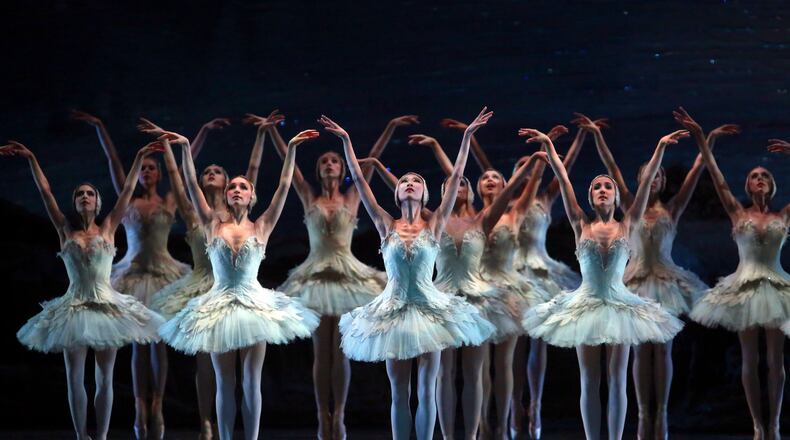Eric L. Motley is an executive vice president at the Aspen Institute. He served as a senior White House advisor to President George W. Bush, and is the author of the forthcoming book "Madison Park: A Place of Hope," to be published in November by Zondervan/HarperCollins.
By Eric L. Motley
I grew up in a rural Alabama community founded by freed slaves. There was no library, museum, or theater to provide youngsters early access to the arts and humanities. However, neighbors in my hometown of Madison Park donated books to me; one even drove me into nearby downtown Montgomery to visit the public library. Later, school field trips afforded me the chance to attend performances, including "Peter and the Wolf," after which the conductor introduced my classmates and me to orchestra instruments by illustrating how they had been used for certain dramatic effects.
Another field trip exposed me to great works at the Montgomery Museum of Fine Arts, and I still remember my awestruck reaction upon first seeing the majestic brush strokes in John Singer Sargent's painting of a beautiful woman in a bluish-white dress. Her intense stare seemed, through my young eyes, to be aimed directly at me. My grandmother cleaned house for a woman who gave me a crate of classical albums, including some that featured opera stars Maria Callas and Jessye Norman. I had never heard such beautiful sounds before, and I quickly became fascinated with the expressiveness of the human voice.
Credit: Maureen Downey
Credit: Maureen Downey
Without such small exposures to the arts, I am certain that I would have been far less successful, if at all, in learning to relate to those outside the narrowly circumscribed world of Madison Park. These experiences helped prepare me for college, graduate school abroad, and finally public service first in government and now at a think tank. Aesthetic sense informs a wider sensibility, sharpening our awareness of everything in the world around us, from the way that city streets shape neighborhood culture, to the irreplaceable value of our environmental inheritance, to the values handed down to us through our families and faiths.
Not all young people, even from more fashionable surroundings than Madison Park, enjoy the kind of aesthetic delights that I experienced, which was thanks to the concerted efforts of family, friends, teachers, and mentors. Access to the arts and humanities now faces even greater threats in light of the Trump administration’s proposal to eliminate the National Endowment for the Arts, Corporation for Public Broadcasting, Institute for Museum and Library Services, and National Endowment for the Humanities – the four entities which comprise the federal government’s cultural agencies.
In addition to the early exposure to the arts, they also fund community orchestras, poetry competitions, emerging artists, literacy, and plain old local radio. Meanwhile, many public school systems are slashing funding for what are considered non-essential “frills” like music and art departments.
The villain in all of this is not the Trump administration, but a much more broadly shared over-reliance on metrics, or that which can be quantitatively measured (think quarterly earnings), that trims away anything unquantifiable as so much inefficiency. What this approach fails to appreciate is the vital way in which arts education underwrites the ends toward which all of our skill and understanding are directed.
The humanities are not a luxury to be rationed out, but the whole culmination and compass for our toil. Arts and literature do teach us highly practical skills, such as effective expression and social intelligence, but above all they teach us about meaning. They teach us to value ourselves and live together with integrity, and indeed to live for something more than our finite spans. In a time of accelerating cultural change and economic uncertainty, the ability to find purpose and dignity is an essential life skill and tool of citizenship.
While the government alone is not responsible for stewardship of our shared culture or ensuring that all have at least some access to it, we should demand that our leaders rethink and, let us hope, revise, their plans to abolish entire agencies that enrich the cultural tapestry of our nation.
About the Author
Keep Reading
The Latest
Featured




